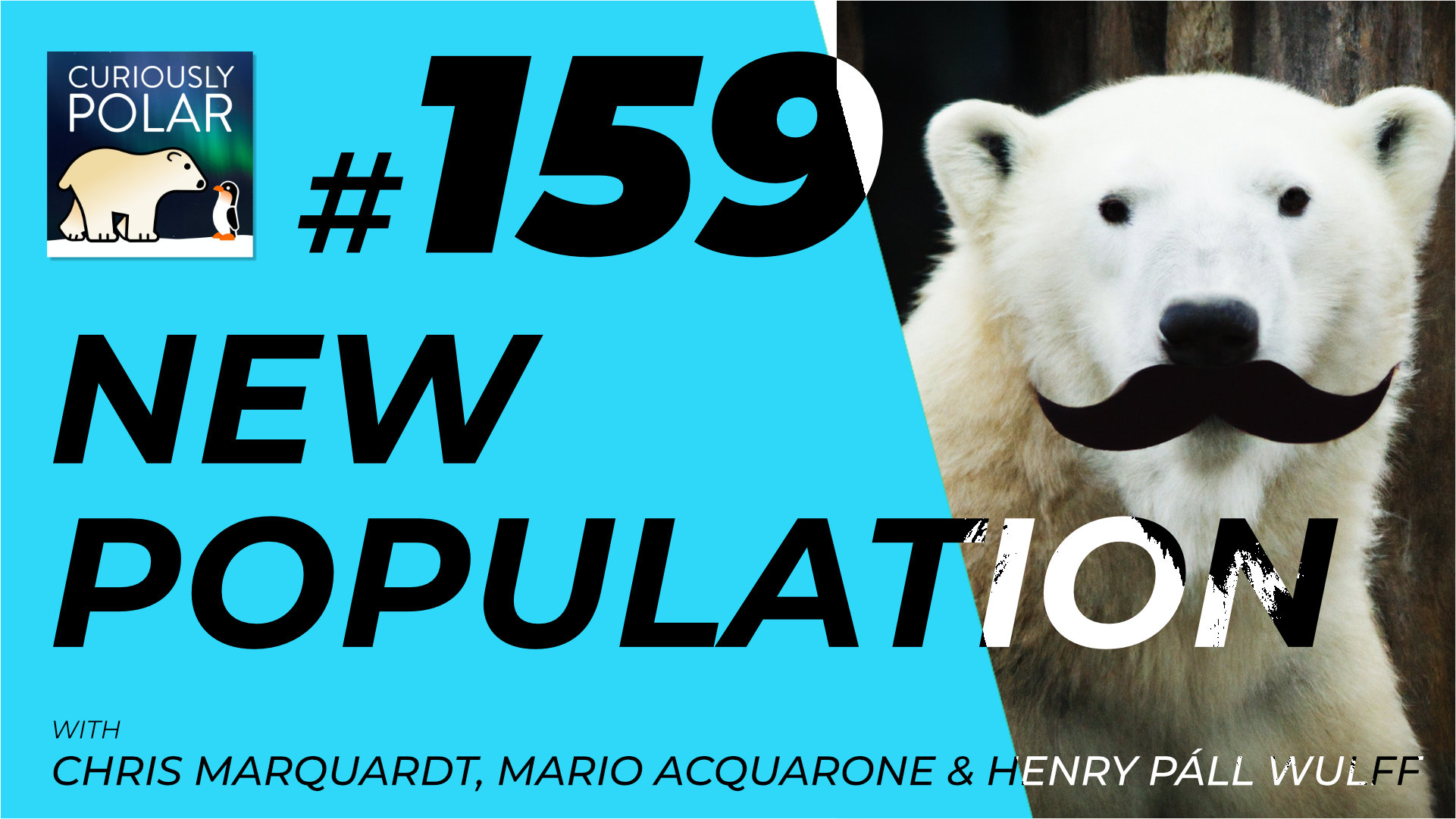- Culture
- SEE MORE
- classical
- general
- talk
- News
- Family
- Bürgerfunk
- pop
- Islam
- soul
- jazz
- Comedy
- humor
- wissenschaft
- opera
- baroque
- gesellschaft
- theater
- Local
- alternative
- electro
- rock
- rap
- lifestyle
- Music
- como
- RNE
- ballads
- greek
- Buddhism
- deportes
- christian
- Technology
- piano
- djs
- Dance
- dutch
- flamenco
- social
- hope
- christian rock
- academia
- afrique
- Business
- musique
- ελληνική-μουσική
- religion
- World radio
- Zarzuela
- travel
- World
- NFL
- media
- Art
- public
- Sports
- Gospel
- st.
- baptist
- Leisure
- Kids & Family
- musical
- club
- Health & Fitness
- True Crime
- Fiction
- children
- Society & Culture
- TV & Film
- gold
- kunst
- música
- gay
- Natural
- a
- francais
- bach
- economics
- kultur
- evangelical
- tech
- Opinion
- Government
- gaming
- College
- technik
- History
- Jesus
- Health
- movies
- radio
- services
- Church
- podcast
- Education
- international
- Transportation
- Other
- kids
- podcasts
- philadelphia
- Noticias
- love
- sport
- Salud
- film
- and
- 4chan
- Disco
- Stories
- fashion
- Arts
- interviews
- hardstyle
- entertainment
- humour
- medieval
- literature
- alma
- Cultura
- video
- TV
- Science
- en
159 A New Polar Bear Population

Watch this on video | Buy us a coffee: Chris / Henry / Mario POLAR NEWSREEL: // A New Border The nearly 50-years-old infamous Whiskey War between Canada and Denmark/Greenland has come to an end with an agreement to divide Hans Island with the first land border between Canada and Denmark. // Proof of Life? Being a prime candidate for extraterrestrial life, [the most common surface feature on Jupiter’s moon Europa]([EarthSky | Do Europa’s odd ridges indicate life?]https://earthsky.org/space/odd-ridges-on-europa-greenland-habitability/) has been found its earthy analog in double ridges in Northwest Greenland, providing a possibility of liquid water in Europa’s icy shell. | // Earthquakes in Antarctica Orca Seamount, a long believed extinct underwater volcano in the Bransfield Strait, has been place of the largest seismic swarm ever recorded in the history of the region. A NEW POLAR BEAR POPULATION Until recently, polar bears were thought to primarily survive on ice-covered waters. Not only do they tend to breed and rest on sea ice, but they also prey on seals that use cracks and holes in the ice to breathe. A new study has now shown that a small population of a several hundred bear in southeast Greenland has evolved to survive in an area where the sea ice season tends to be shorter than four months. In the summer months, pieces of ice calve into the ocean from marine-terminating glacier, creating what scientists call a freshwater glacier mélange, a chunky slush that can pack tightly enough for polar bears to walk—and hunt—on. Being the “most genetically isolated polar bears on the planet” with a common ancestor, about 200 years ago when a small number of individuals separated from the larger group, the scientists suggest to accept the group as the 20th subpopulation of polar bears in the Arctic. But while it’s tempting to read the study as a new hope that polar bears can survive with less sea ice, it does not mean a salvation of polar bears as the animals are “living at the edge of the physiologically possible.” If anything, this study really is another piece of evidence of the fundamental relationship between polar bears and ice-covered water. However, the findings offer a small glimmer of hope nevertheless as the region’s conditions are said to be similar to the climatic conditions expected in the northern Arctic at the turn of the century if global warming can’t be stopped. This is an episode of the Curiously Polar podcast with Chris Marquardt https://chrismarquardt.com/ Henry Páll Wulff: https://henrypall.com/ Mario Acquarone https://www.buymeacoffee.com/polarmario Listen to all podcast episodes at https://curiouslypolar.com All video episodes at https://tfttf.com/curiouslypolarvideo Find us here: Web: https://curiouslypolar.com Twitter: https://twitter.com/curiouslypolar Instagram: https://instagram.com/curiouslypolar